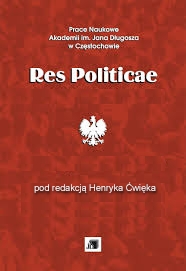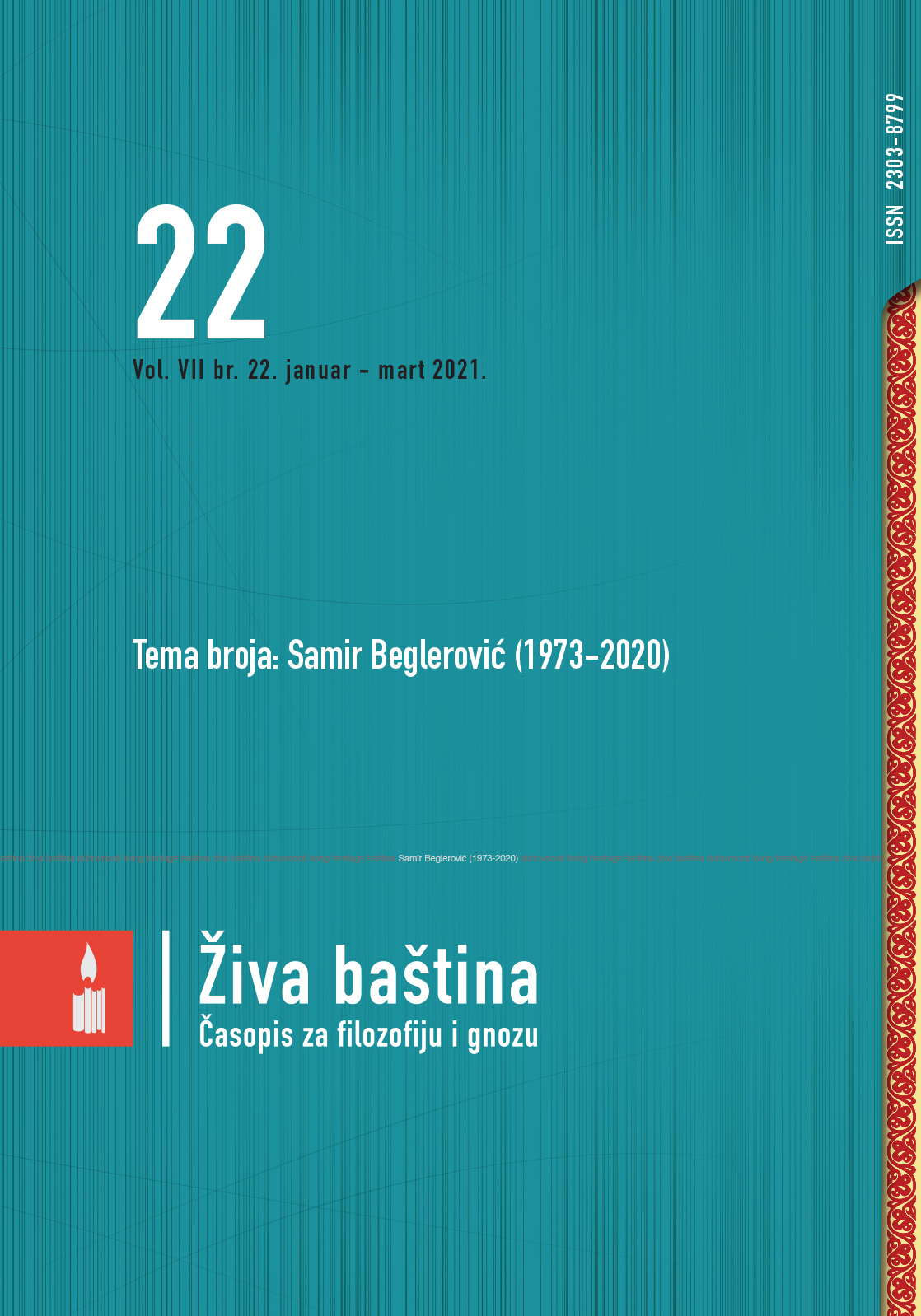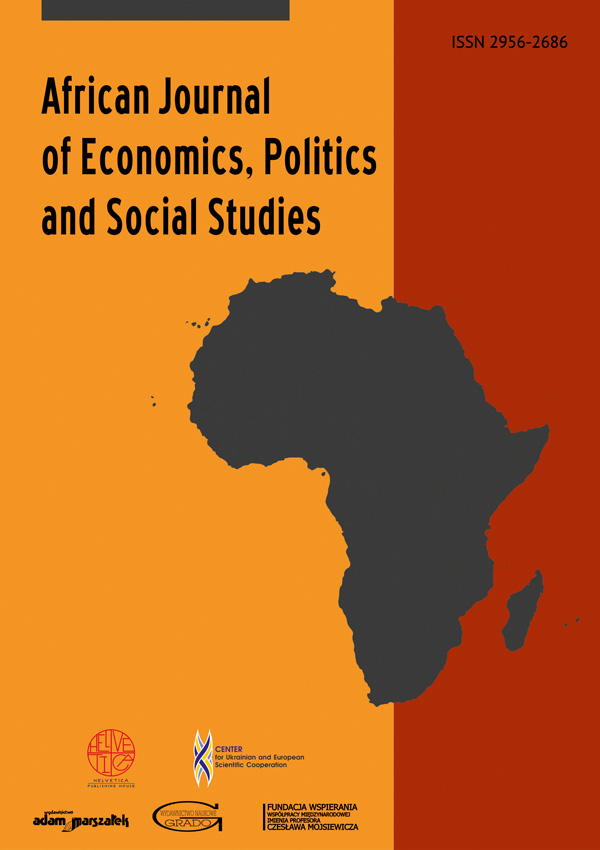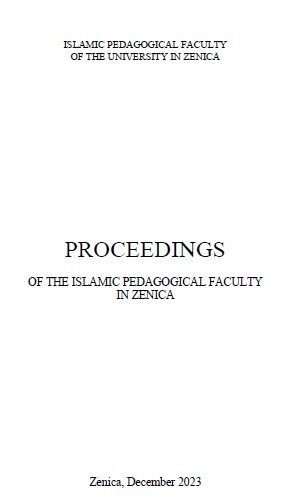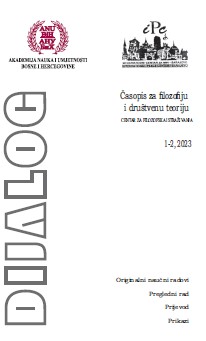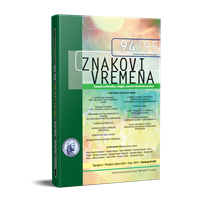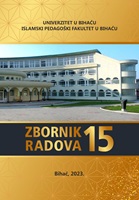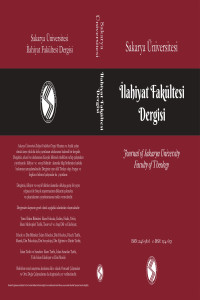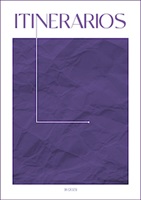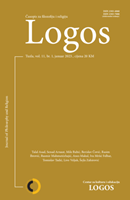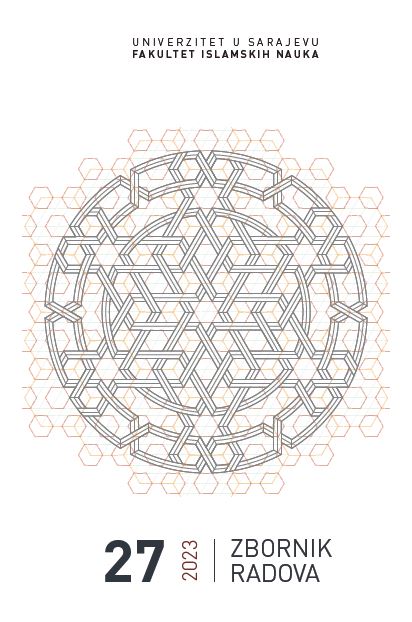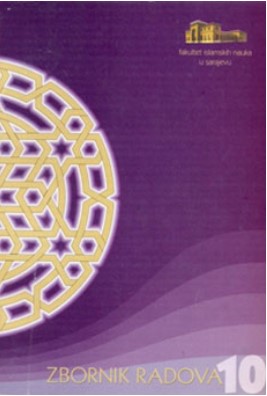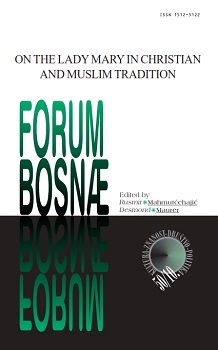Author(s): Seyyed Hamid Hashemi / Language(s): Bosnian
Issue: 94/95/2023
Freedom of speech has different scientific, logical and international definitions and it is one of the main foundations of human rights. On the international level, the question of human rights and freedom of speech is mentioned in different documents from which common indicators may be identified such as the unrestricting through restrictions, and unrestrictedness not even in the case of insulting and useless speech as long as it does not cross the allowable boundaries of freedom, etc. However, some limitations are emphasized in international documents when it comes to freedom, such as the explicitness of law in the prohibition of actions by which the rights and freedoms of others are endangered. In discussion of the recent desecration of the sanctity of Muslims in Europe and the repetition of those actions, exactly this question is used as a basis for the non-confrontation with the burning of the Qur’an and the repetition of that action. That happens despite the fact that it is logical that freedom of speech cannot lead to insults and the bringing of harm to others. Excluding the rational, religious and ethical observations in judging the desecration of the sacred, especially of a great religion such as Islam, which can lead to the prompting of hatred, encouragement to violence and discrimination, in international documents every type of action which leads to prompting, discrimination, animosity and violence is forbidden, but on the other hand, the practice of some European countries to forbid the question of burning the Qur’an can become grounds for canonical systems of other countries to proclaim the prohibition of this act. As a result of that, in the canonical sense and in the voluminous form it is proclaimed and accepted that if the application of the laws of freedom of speech function as a threat to the general good and common interests, it is the duty of countries to intervene and to act so that they may limit these foundational rights. With this in mind, the principle of support of “the common good” and “universal ethics” are the interests which may be used to limiting the freedoms of speech and human rights. It cannot be the case, that while expressing worry out of the indefinity of the category of limiting the freedom of speech which bends towards dictatorship and repression, that the definitive category of human consciousness and logical ethic is to be ignored, as well as that the duty of respect towards the convictions of others and the respect of humanity to be disregarded.
More...
